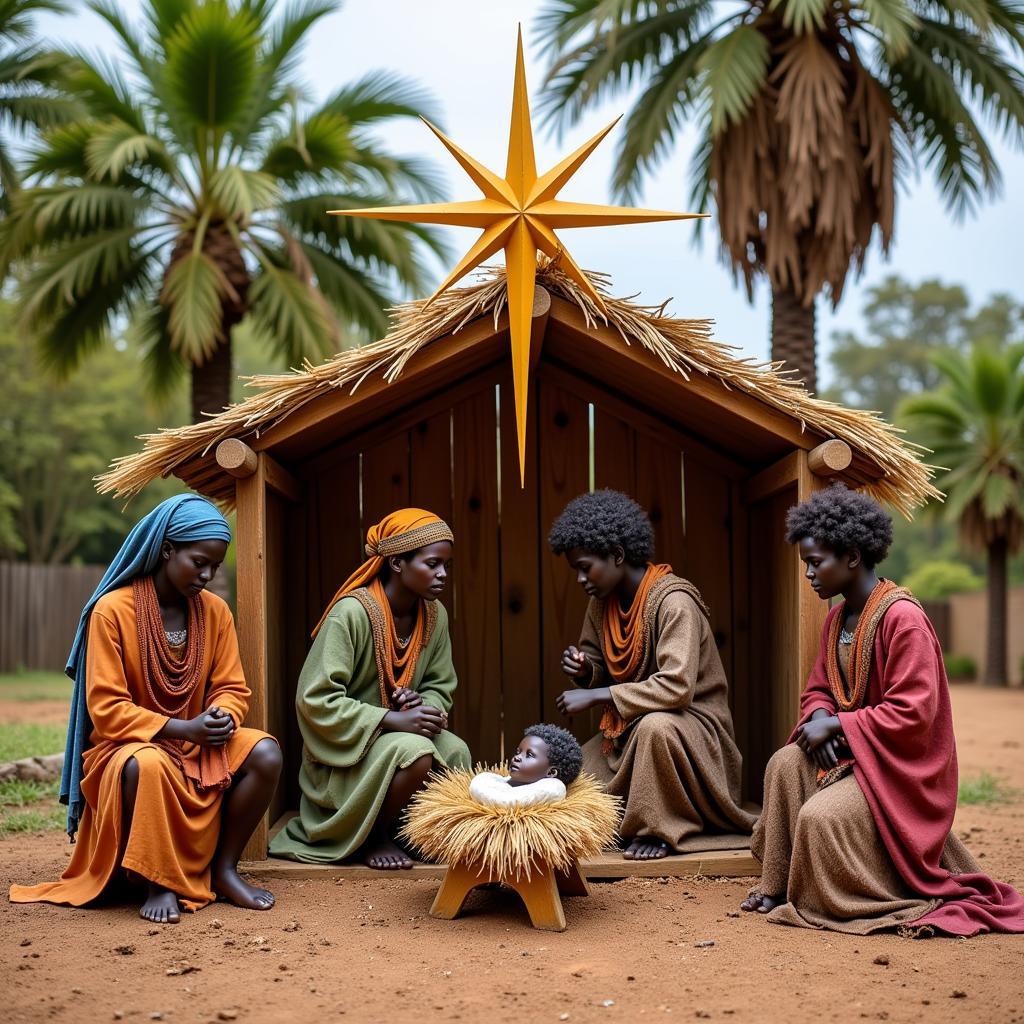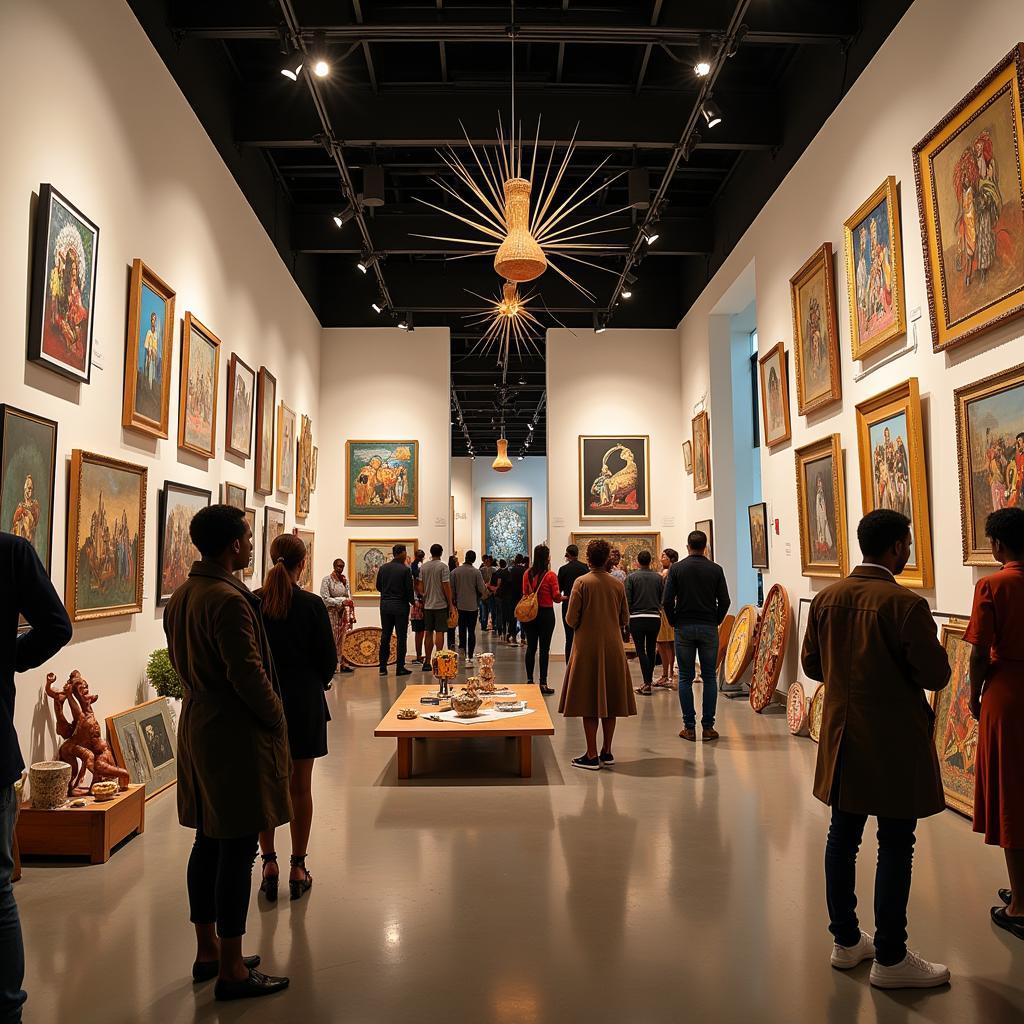Discovering the Rhythms of African Hip Hop Music
African hip hop music has emerged as a powerful force, reflecting the continent’s diverse cultures, struggles, and triumphs. From the bustling streets of Dakar to the vibrant townships of Johannesburg, this genre has captivated audiences worldwide with its infectious beats, conscious lyrics, and unique blend of traditional and modern sounds. This article delves into the rich tapestry of African hip hop, exploring its origins, evolution, key artists, and its impact on both the continent and the global music scene.
The Genesis of African Hip Hop: From the Bronx to the Motherland
The roots of African hip hop can be traced back to the birth of the genre in the Bronx, New York, in the 1970s. As hip hop culture spread across the globe, it resonated deeply with African youth, who adapted and transformed it to reflect their own experiences and realities. The early days saw artists experimenting with blending traditional African rhythms and instruments with hip hop beats, creating a unique sound that set the foundation for the genre’s future evolution.
Evolution and Regional Variations: A Continent of Sounds
African hip hop isn’t a monolithic entity; it’s a diverse tapestry woven from the unique musical traditions of each region. From the Senegalese mbalax-infused rap to the Kwaito rhythms of South Africa, each country has developed its own distinct flavor of hip hop. This regional diversity adds to the richness and complexity of the genre, showcasing the vast musical landscape of the African continent.
Key Players in the African Hip Hop Scene: Voices of a Generation
Numerous artists have shaped the trajectory of African hip hop, using their music as a platform for social commentary, storytelling, and cultural expression. Pioneers like Senegal’s Positive Black Soul paved the way for a new generation of artists who continue to push the boundaries of the genre. From South Africa’s AKA to Nigeria’s MI Abaga, these artists have gained international recognition, showcasing the power and artistry of African hip hop to a global audience.
The Impact of African Hip Hop: Beyond the Music
African hip hop has become more than just a musical genre; it’s a cultural movement that has empowered youth, amplified marginalized voices, and sparked important conversations about social and political issues. The music often reflects the struggles and triumphs of everyday life, giving voice to the hopes and aspirations of a generation. It has also played a significant role in promoting cultural exchange and understanding, bridging gaps between different communities and nations.
African Hip Hop and the Digital Age: Reaching a Global Audience
The digital age has revolutionized the way African hip hop is created, distributed, and consumed. Platforms like YouTube and Spotify have provided artists with unprecedented access to global audiences, allowing them to share their music and stories with the world. This has led to increased visibility and recognition for African hip hop artists, further solidifying their place on the international music scene.
What is the future of African Hip Hop?
The future of African hip hop looks bright, with a continuous influx of new talent and innovative sounds emerging across the continent. As the genre continues to evolve, it will undoubtedly play an increasingly important role in shaping the global music landscape.
Conclusion: The Vibrant Tapestry of African Hip Hop Music
African hip hop music has blossomed into a powerful and dynamic force, reflecting the rich cultural tapestry of the continent. From its humble beginnings to its current global reach, African hip hop continues to evolve and inspire, captivating audiences with its unique blend of traditional and modern sounds. This vibrant genre is not just music; it’s a testament to the resilience, creativity, and enduring spirit of Africa.
FAQ
-
What are some popular African hip hop subgenres?
- Kwaito (South Africa)
- Mbalax-infused rap (Senegal)
- Afrobeat-inspired hip hop (Nigeria)
-
Who are some influential African hip hop artists?
- AKA (South Africa)
- MI Abaga (Nigeria)
- Positive Black Soul (Senegal)
-
Where can I listen to African hip hop music?
- Streaming platforms like Spotify, Apple Music, and YouTube Music.
-
How has African hip hop impacted society?
- It has given a voice to marginalized communities and sparked conversations about social and political issues.
-
What is the future of African hip hop?
- The future looks bright, with the genre continuing to evolve and gain international recognition.
-
How has technology impacted African hip hop?
- Digital platforms have allowed artists to reach global audiences and share their music with the world.
-
What makes African hip hop unique?
- Its fusion of traditional African rhythms and instruments with hip hop beats creates a distinct sound.
Common Scenarios
- Discovering new music: If you’re looking for fresh and exciting sounds, exploring African hip hop can open up a whole new world of musical experiences.
- Learning about African culture: African hip hop provides a window into the diverse cultures and experiences of people across the continent.
- Supporting independent artists: Many African hip hop artists are independent, and streaming their music directly supports their work.
Further Exploration
- Explore our articles on specific African hip hop subgenres and regional scenes.
- Discover interviews with prominent African hip hop artists.
- Find curated playlists of African hip hop music.
Need assistance? Contact us 24/7: Phone: +255768904061, Email: [email protected], or visit us in Mbarali DC Mawindi, Kangaga, Tanzania.

